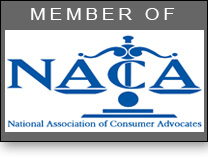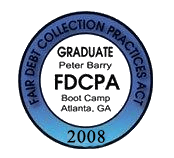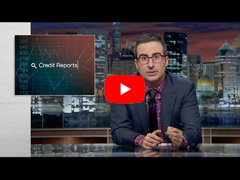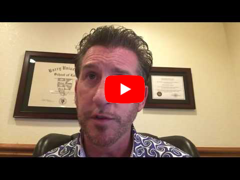Fueled by a stronger economy, credit-card debt is accelerating for the first time in years in Metro Orlando — one of the country’s fastest-growing markets for paying with plastic, a new study has found.
Consumer credit-card debt in the metro area jumped nearly 5 percent in the second quarter compared with the same period in 2013 — more than any major U.S. market except Houston at 5.5 percent, according to Equifax. It was the area’s first significant increase in six years. Nationwide, credit-card debt rose 3 percent.
At the same time, Orlando’s total credit-card tab — $4.2 billion — was the lowest of all major metro markets, according to Equifax, a credit-reporting company. In part that’s because Orlando’s credit-card debt plummeted during the Great Recession amid the collapse of the housing market. Despite the latest uptick, Orlando‘s total credit-card balance in the second quarter was still 25 percent less than in 2008.
Experts said it was not surprising to see credit-card purchases surge as the economy improves, unemployment lessens, consumer confidence grows and the memory of the recession fades. Orlando has bounced back stronger than many other places hit hard by the housing crisis.
“It really shows that people have more confidence in the economy,” said Phil Tischer, chief operating officer for Orlando-based Fairwinds Credit Union. “And they also have confidence in their capacity to pay off that debt when it comes due.”
Some consumers are also vowing not to fall into the debt trap that marked the financial crisis. Although many are using their plastic more often, they are also paying off balances at month’s end, before interest kicks in.
“Sure, my credit-card spending has increased,” said Jackie Royal, a law-firm office manager in Lake Mary who wrestled with mounting debt during the financial downturn. “But I’m going to make sure I’m never that far in debt again.”
Since the recession, people have generally become more savvy in how they manage their use of credit cards to generate transactions and tap cash-back rewards programs, said Jim Adamczyk, executive vice president of lending for the Fairwinds credit union.
“We’ve definitely seen an increase both in transactions and the number people using their cards,” he said. “At the same time, balances are remaining pretty flat, so people are carrying less debt and paying less interest on it.”
On a more sobering note, Equifax reported that an increase in high-interest “subprime” debt contributed to the overall surge in credit-card debt. For example, nearly 22 percent of Orlando’s credit-card debt in the second quarter was incurred by people with blemished, or subprime, credit. Nationwide, 18.3 percent of the debt total was subprime.
Subprime mortgage debt played a big role in the collapse of the housing market six years ago as many homeowners with credit problems defaulted on the high-interest loans they were sold during the housing bubble.
In the credit-card industry, subprime customers are also charged much higher interest rates and fees than are customers with good credit.
Equifax said, however, there is a positive side to the increase in credit cards issued to subprime customers.
“Lenders are showing that they are comfortable putting credit cards in consumers’ hands again — even those with battle scars from the financial crisis,” the company said. “And consumers are demonstrating that they are looking to rebuild financially but in a more responsible manner than prior to the recession.”
Despite the improving economy, there are still many people with credit problems who are struggling with credit-card debt and bills of all kinds, said George Janas, president of Consumer Debt Counselors in Winter Park.
“Obviously, we interact with people at a much different place than Equifax does,” he said. “We’re seeing a lot of people who have fought so long to stay current on their debt, they are suffering from fatigue. And they need help.”













